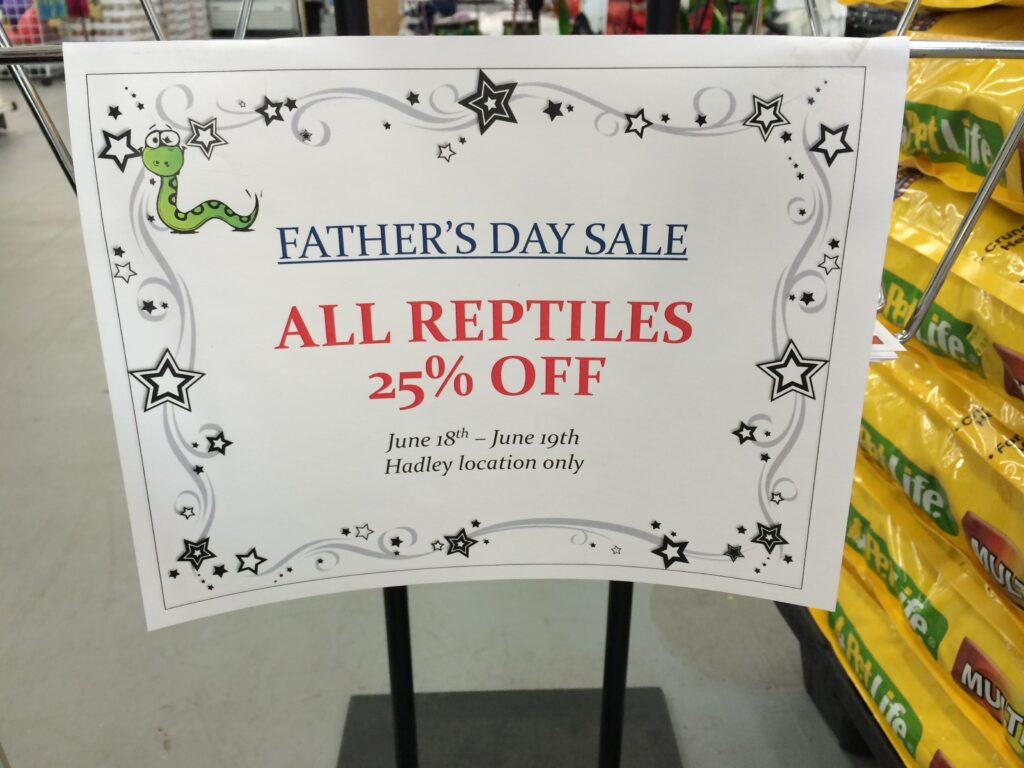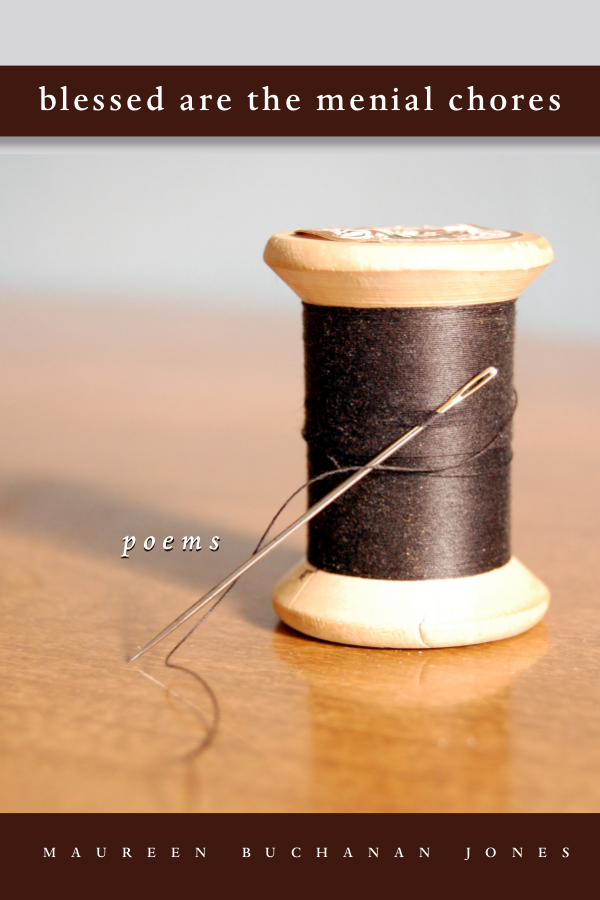Narrow Conversations
When I was in college, a journalism professor gave an assignment to keep a journal. Not a radical idea, but the further instructions were to choose one subject and keep to it throughout the semester. The professor gave us her own example of living in China on a year-long assignment, during which her father died. She couldn’t go home, couldn’t be with her family, couldn’t share her grief with anyone. So she kept a journal for one year in which every day she wrote something about her father. It was her only way to honor him, grieve him, and keep him close. We students, of course, could choose any topic. I was surprised to find the limitation of one subject to be very reassuring. It was doable. My empty page did not have to, should not, include the universe. The journal pages became small, strong structures that held me to a focus and let me run crazy within the page dimensions. This is the function of form, whether in poetry or prose. Experimentation with form is always invited, and relinquishing ourselves to boundaries can allow a different kind of independence.
But over the years I forgot this lesson. Even as I offer form in my own workshops, I often feel clumsy and inept in the face of a sonnet or the strictures of flash fiction. And then my dear friend, Jan Haag, who leads writing workshops in Sacramento, offered a 30-day version of my professor’s assignment. Every day, four lines. No need for more. Now, my friend did not specify that it had to be one subject, but I chose to combine the original journal keeping idea with this current journey. I decided to have a conversation with a very important person in my life. The four lines became a support or scaffolding, not a restriction. They became a conversation the You and I could finally have. As a result, 30, four-line poems express aspects of my chosen subject. And the thing about this way of writing is that it becomes a meditation, a tight lens, and a close examination of someone’s way of speaking, the way they licked their spoon, the thickness of their hair, the bitterness or joy as they walked away or toward, or the way they pointed to a red winged blackbird and said, ‘Summer will come again.’
Upcoming Events
Maud & Addie remains a finalist, no gold, silver or bronze in the Foreword Reviews best juvenile fiction awards. Thank you for your crossed fingers! The books that did win are beautiful creations: The Beatryce Prophecy, Tiger Skin Rug, and Oddity. I am proud to be in such company!
This summer I will be teaching a Flash Fiction course for high school students at Smith College. After which, I just might give myself time to work on the second Maud & Addie book as well as my adult novel Slide Show.
Prompt Photo



